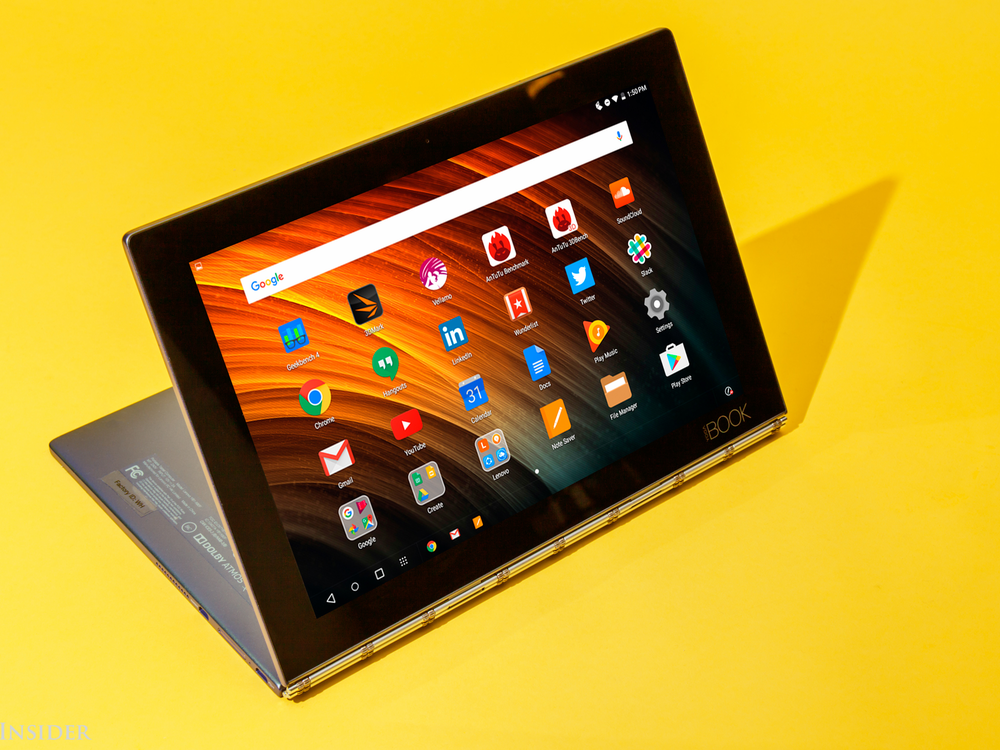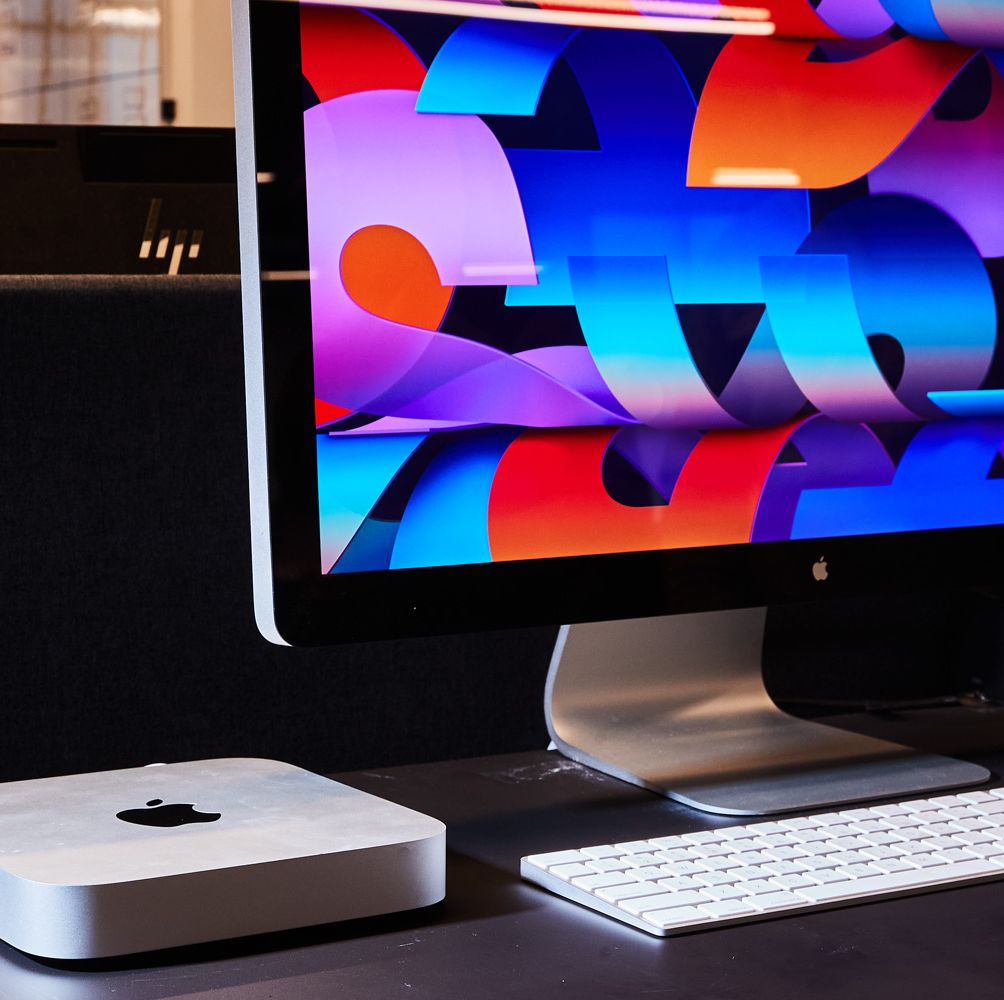The inception of computers marks a transformative chapter in human history. From their humble beginnings as room-sized calculators to the sleek, interconnected devices of today, the evolution of computers is a testament to human innovation and ingenuity.
1. The Dawn of Computing
The origins of computing can be traced back to the abacus, developed over 5,000 years ago in ancient Mesopotamia. Yet, it was in the mid-20th century that electronic computers emerged. The ENIAC, unveiled in 1946, stood as a symbol of this revolution. Occupying a large room and relying on vacuum tubes, it was a marvel of its time, capable of performing complex calculations at remarkable speeds.
2. The Rise of Transistors and Integrated Circuits
The invention of transistors in the late 1940s revolutionized computing. These tiny switches replaced bulky vacuum tubes, leading to the creation of smaller, more powerful machines. This advancement culminated in the integrated circuit by Jack Kilby and Robert Noyce in the late 1950s, paving the way for the microprocessor.
3. The Era of Personal Computing
The 1970s witnessed the birth of the personal computer. Innovations by companies like Apple and IBM introduced computers to households, sparking a revolution in how individuals interacted with technology. The GUI (Graphical User Interface) introduced by Xerox PARC and later adopted by Apple made computers more user-friendly and accessible.
4. The Internet and Beyond
The advent of the internet in the late 20th century transformed computing yet again. Tim Berners-Lee’s creation of the World Wide Web in 1989 ushered in an era of interconnectedness, changing how information was accessed and shared globally. This period saw the rise of smartphones, tablets, and cloud computing, enabling instant communication and access to vast amounts of data from anywhere in the world.
5. Artificial Intelligence and Quantum Computing
Presently, we stand on the brink of another technological leap. Artificial intelligence (AI) and machine learning have empowered computers to perform tasks once thought to be exclusive to human cognition. Meanwhile, quantum computing holds the promise of solving complex problems exponentially faster than classical computers by harnessing the principles of quantum mechanics.
Conclusion
The evolution of computers is an ever-unfolding saga, a testament to human curiosity and innovation. From the room-sized calculators of yesteryears to the interconnected devices that fit in our pockets today, this journey through time showcases the remarkable strides made in computing. As we look ahead, the future of computing holds endless possibilities, promising to reshape industries, redefine human capabilities, and further unravel the mysteries of our universe.










